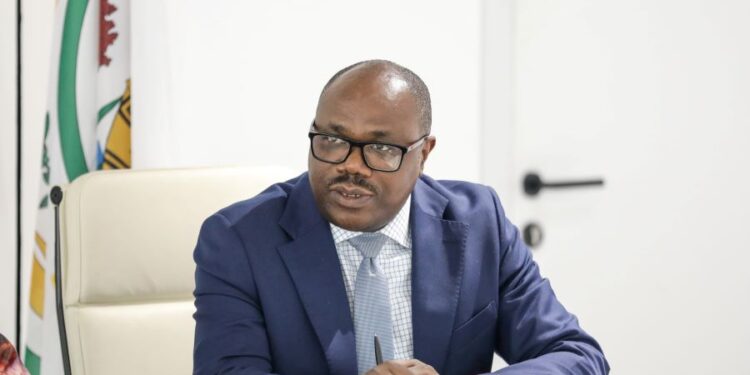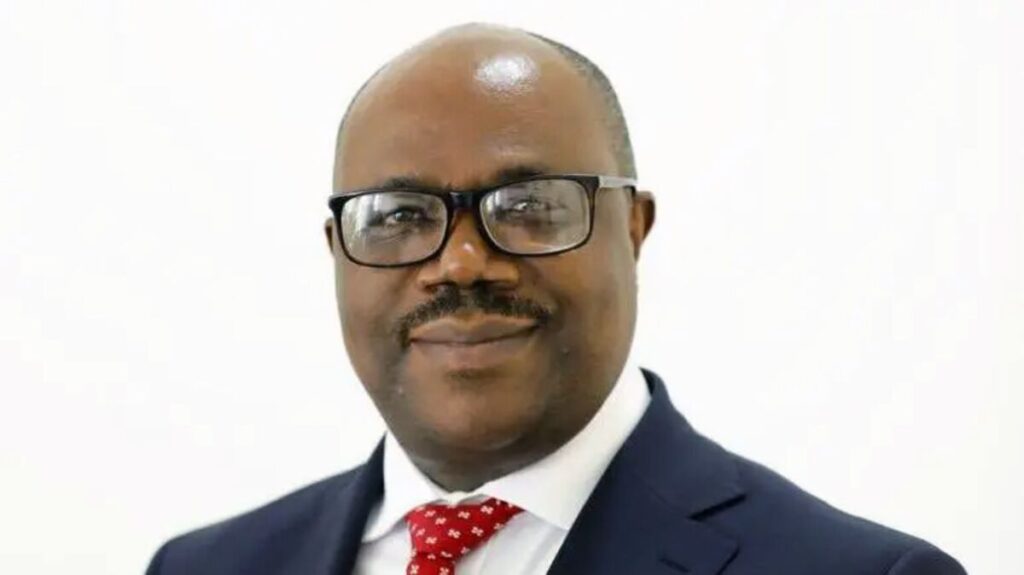In a move that signals both continuity and renewal, President Paul Kagame has appointed Justin Nsengiyumva as the new Prime Minister of Rwanda. The decision comes at a pivotal time as Rwanda navigates post-pandemic economic realities, regional tensions in the Great Lakes region, and the quest for deeper integration within Africa. Nsengiyumva’s appointment is not just a political reshuffle; it’s a signal of Kagame’s intent to usher in a new phase of technocratic leadership rooted in reform, stability, and inclusive development.
Who is Justin Nsengiyumva?
Justin Nsengiyumva is a seasoned public administrator, technocrat, and reform advocate with over two decades of experience in governance, policy implementation, and public sector transformation. His calm demeanor, deep understanding of Rwanda’s political ecosystem, and strategic thinking have earned him a reputation as one of the country’s most reliable civil servants.
Born in the Southern Province of Rwanda, Nsengiyumva rose from modest beginnings, shaped by Rwanda’s turbulent post-genocide history. His early life was marked by resilience, discipline, and a deep sense of national duty, a trait that would later define his career in public service.
Academic Credentials and Global Exposure
Nsengiyumva holds a Bachelor’s degree in Public Administration from the University of Rwanda and a Master’s in International Relations from the prestigious Sciences Po in Paris. He also attended executive training programs at the Harvard Kennedy School, focusing on governance in developing economies.
This academic blend of local and international training has allowed him to approach governance challenges with a unique dual perspective—balancing Rwanda’s homegrown policy ethos with global best practices.
Political Career and Public Service Trajectory

Before his appointment as Prime Minister, Nsengiyumva served in several key capacities within the Rwandan government:
- Minister of State for Local Government and Regional Development: In this role, he led major decentralization reforms aimed at empowering local governments and enhancing citizen engagement in public policy.
- Director-General, Rwanda Governance Board (RGB): At RGB, he championed transparency, media freedom, civil society engagement, and performance-based governance models that improved Rwanda’s global governance ratings.
- Advisor to the President on Policy Monitoring and Evaluation: This position gave him strategic oversight into national programs, allowing him to refine Rwanda’s performance management culture.
His reputation for evidence-based decision-making, coupled with his focus on data transparency and measurable outcomes, earned him respect among domestic and international stakeholders.
Vision for Rwanda: Modernization, Unity, and Innovation
Nsengiyumva is seen as a modernizer who believes in the power of technology, youth, and inclusive development. His speeches and writings reflect a forward-thinking approach centered on:
- Strengthening Rwanda’s digital transformation through public-private partnerships
- Deepening national unity by promoting equitable development across regions
- Expanding access to quality healthcare and education
- Harnessing the potential of the youth as agents of change in entrepreneurship and governance
- Accelerating Rwanda’s green economy and climate resilience initiatives
He is also a firm advocate for using innovation as a tool for solving public policy problems—from smart agriculture to e-governance.
Foreign Policy and Regional Role
On the international front, Nsengiyumva is expected to reinforce Rwanda’s image as a proactive player in African affairs. As Prime Minister, he is poised to:
- Strengthen Rwanda’s role in the East African Community (EAC) and African Continental Free Trade Area (AfCFTA)
- Pursue strategic partnerships in trade, health, defense, and education
- Champion Rwanda’s peacekeeping and mediation efforts, particularly in conflict zones like the DRC and South Sudan
With a solid grasp of geopolitics, Nsengiyumva is likely to continue Rwanda’s push for self-reliance, sovereignty in policy-making, and expanded influence in global forums like the African Union and United Nations.
Challenges Ahead: Governance, Youth, and Regional Stability
Nsengiyumva assumes office at a time when Rwanda faces both internal and external pressures. Key among them are:
- Youth unemployment: Nearly 70% of Rwanda’s population is under 30. Creating jobs and expanding economic opportunities for this demographic will be crucial.
- Inflation and cost of living: Like many African nations, Rwanda is grappling with post-COVID inflation, making economic management a high-priority task.
- Political space and civil liberties: As global scrutiny of Rwanda’s democratic credentials grows, Nsengiyumva will be under pressure to balance political stability with reforms that allow more open civic engagement.
- Security concerns in the Great Lakes region: Tensions with the Democratic Republic of Congo remain delicate. As PM, he must help shape a coherent and peaceful regional response while maintaining Rwanda’s security interests.
Public Reception and Expectations
So far, Justin Nsengiyumva’s appointment has been met with cautious optimism. Analysts believe his technocratic profile, non-confrontational style, and loyalty to the ideals of the Rwandan Patriotic Front (RPF) position him well for the complex responsibilities ahead.
Civil society leaders, business stakeholders, and international observers are watching closely to see how his leadership will differ from, or align with, that of his predecessor.
Justin Nsengiyumva represents a new generation of African leadership—well-educated, globally aware, and deeply committed to national transformation. His appointment marks an opportunity for Rwanda to consolidate its gains while confronting emerging challenges with fresh perspectives.
If he succeeds in translating vision into impact, Nsengiyumva could become not just a national leader, but a continental example of how Africa’s future will be shaped by data-driven, accountable, and inclusive governance.

